Cleaning up the cosmos
0 Comments
The fight against light pollution
Explore The Night Sky With The 6 Best Binoculars For Stargazing
Advocates fear wildlife, 'dark sky' effects when stadium lights turn on at U.S.-Mexico border
Gazing Into the Past and Future at Historic Observatories
Amazon Is Going to Fill the Sky With Satellites. Astronomers Aren’t Happy
The Loss of Dark Skies Is So Painful, Astronomers Coined a New Term for It
A Bay Area Community Wants to Protect Its Dark Skies
Satellites Keep Photobombing Space Images. Astronomers Need a Fix
How Light Pollution Threatens Minnesota's Wildlife and Dark Skies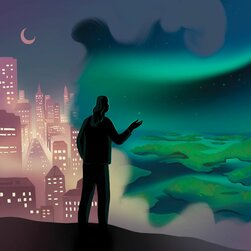 Recorded observations of light’s impact on the environment date back to ancient Rome, when people noticed that their fires affected animal behavior, says John Barentine, an astronomer and freelance dark-sky consultant in Tucson, Arizona. Gas, and later electric, lights altered the appearance of the night sky through the 1800s and into the 1900s, when observatories moved outside of cities to escape sky glow, followed by an accelerated brightening of nighttime as the 20th century went on. Then came light-emitting diodes, or LEDs. A type of semiconductor, LEDs use less energy than other kinds of light bulbs typically used in streetlights and other outdoor fixtures, making their carbon footprint smaller. They last longer and cost less to operate. Those features make LEDs environmentally appealing in many ways, Barentine says, and society embraced them. |
MediaAvailable for radio/TV/print interviews and appearances relating to astronomy, light pollution, dark skies and more. Contact me! Archives
July 2024
Categories
All
|




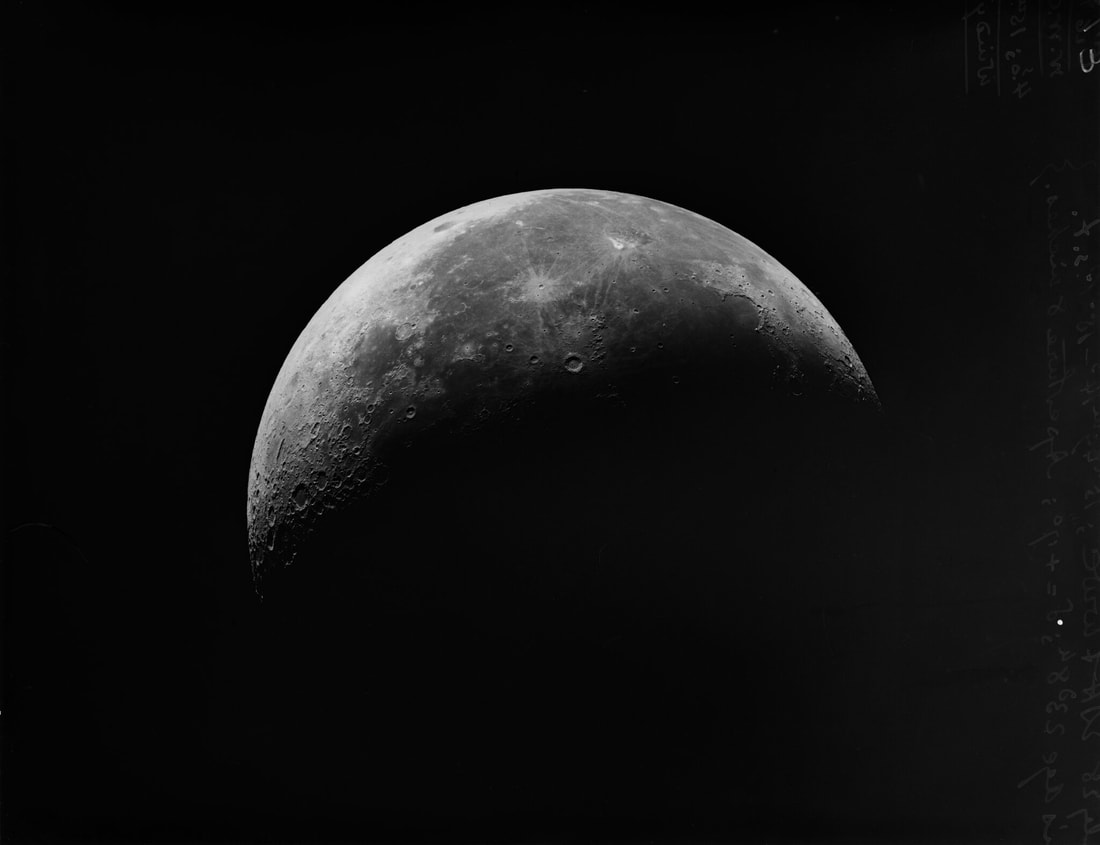
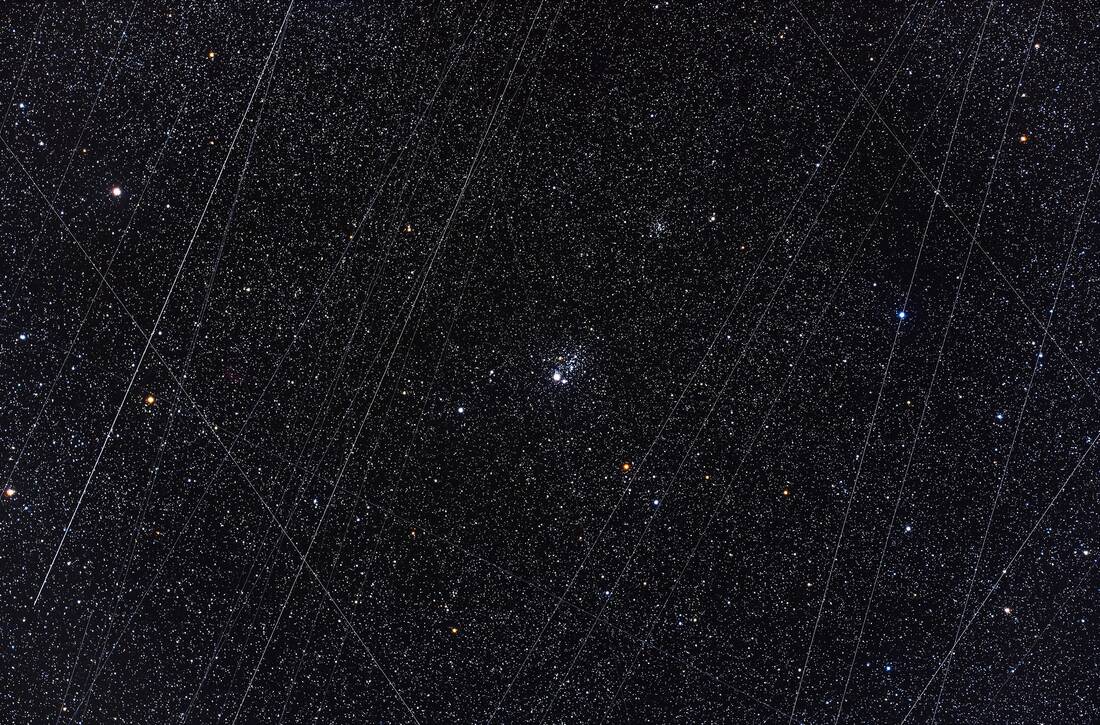
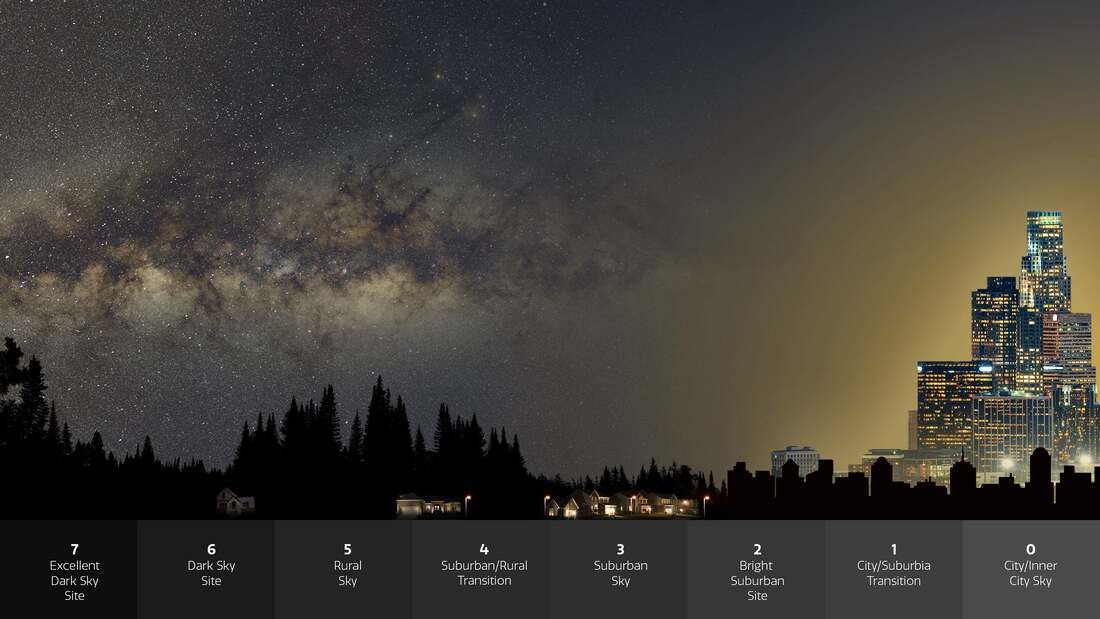
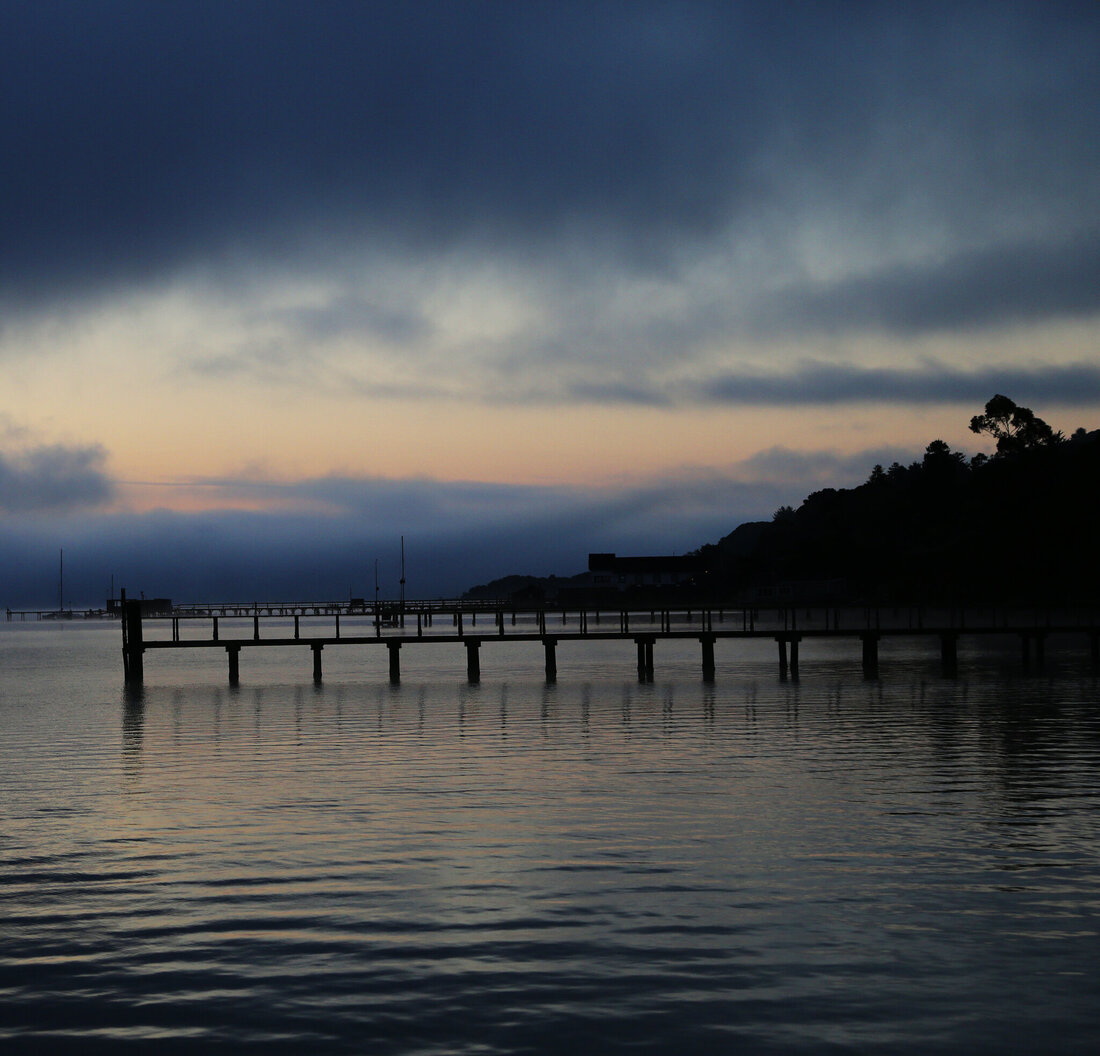
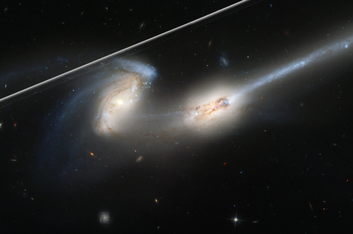
 RSS Feed
RSS Feed